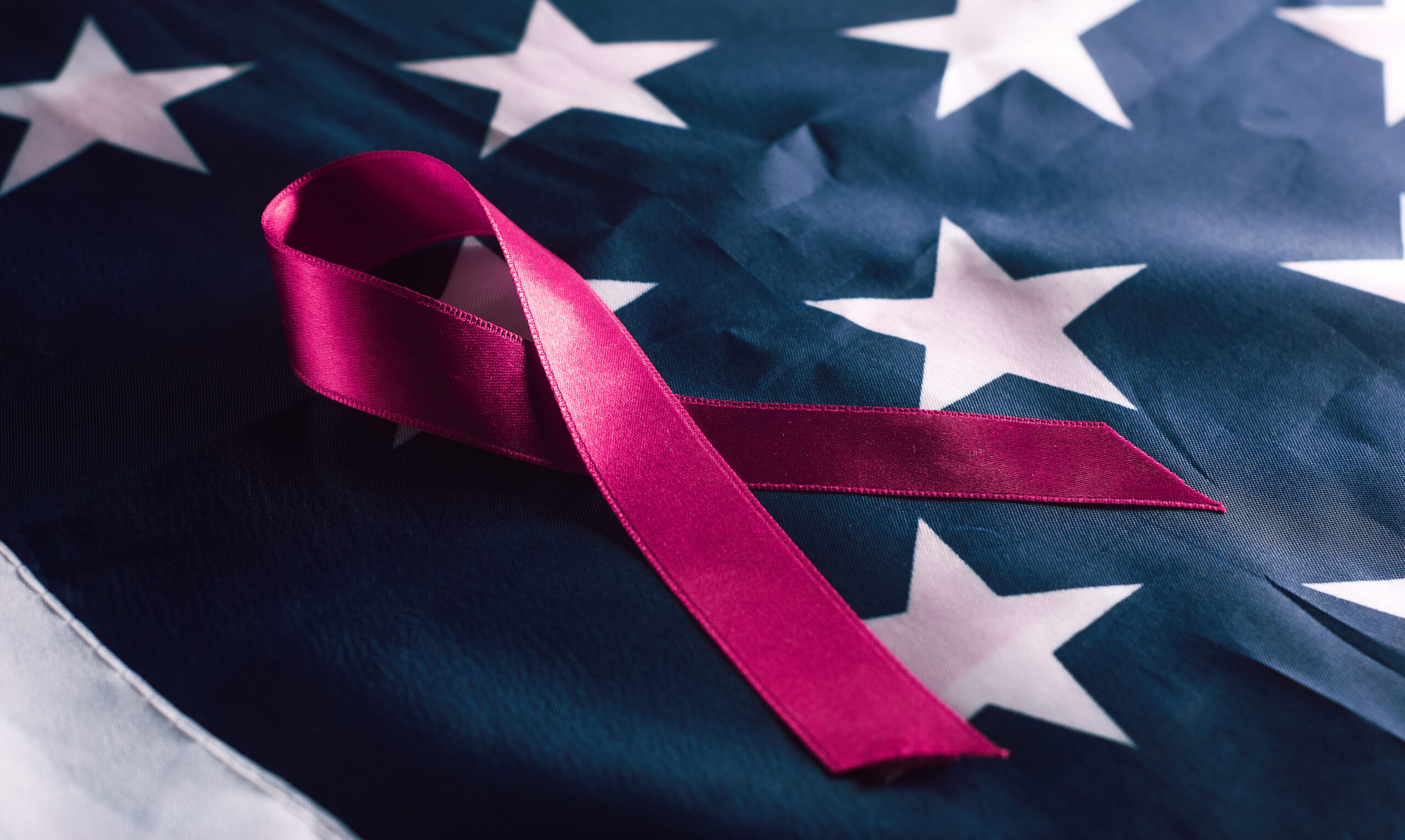Cancer remains an imperative health crisis in the United States, calling for continued investment in research, patient care, and medical innovation. Healthcare policy in the Trump administration has provided both positive and negative effects on cancer patients and the scientific community, reshaping the face of cancer care and research.
Under President Trump’s administration, significant attention was paid to healthcare reforms, including controversial proposed changes to the Affordable Care Act (ACA). The changes caused widespread concern among advocates for cancer patients, fearing potential reductions in pre-existing condition coverage. The changes could have increased insurance premiums, limited coverage, and raised out-of-pocket expenses, burdening vulnerable cancer patients financially.
On the positive side, the “Right to Try” bill of 2018 gave terminally ill cancer patients a lifeline by allowing them to access experimental medicines not yet sanctioned by the FDA. It opened new horizons of hope for those desperately seeking alternative means of treatment.
Cancer research, however, was left unclear with the initial budget proposals from the administration, particularly with targeted cuts in essential institutions like the National Institutes of Health (NIH). Bipartisan congressional moves ensured the shielding of NIH funds initially, allowing for stable support for essential programs like the Cancer Moonshot initiative. This initiative, initially started by President Obama, was similarly well-funded, driving essential momentum in oncology.
Despite previous safeguards, the economic environment took a drastic turn in 2025, with deep federal budget cuts hitting hard on institutions such as the NIH. The cuts have raised widespread alarm about possible delays in research, reduced availability of clinical trials, and delays in breakthrough treatment developments. Cancer patients are now subjected to increasing financial pressures, compounded by possibly rising healthcare expenses.
Advocacy groups emphasize the need to keep federal funding for cancer research and patient affordability high. Uninterrupted bipartisan cooperation is required to maintain the momentum in cancer research and available, effective healthcare solutions.
#CancerResearch #CancerAwareness #CancerCare #HealthcarePolicy #TrumpAdministration #NIHFunding #RightToTry #AffordableCareAct #FDA #HealthcareCosts #PatientSupport #CancerMoonshot
To read more, visit 2Cancer.com

